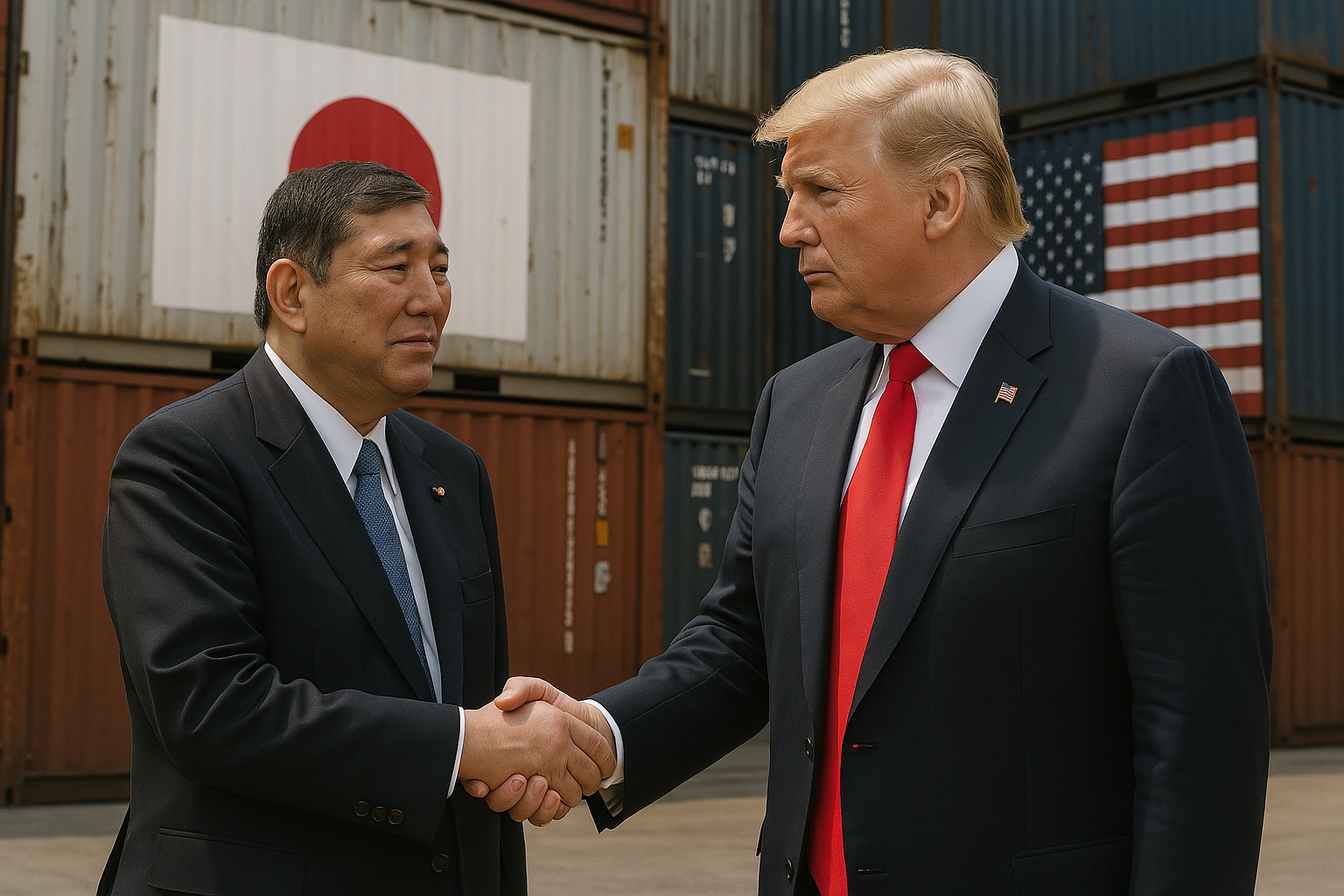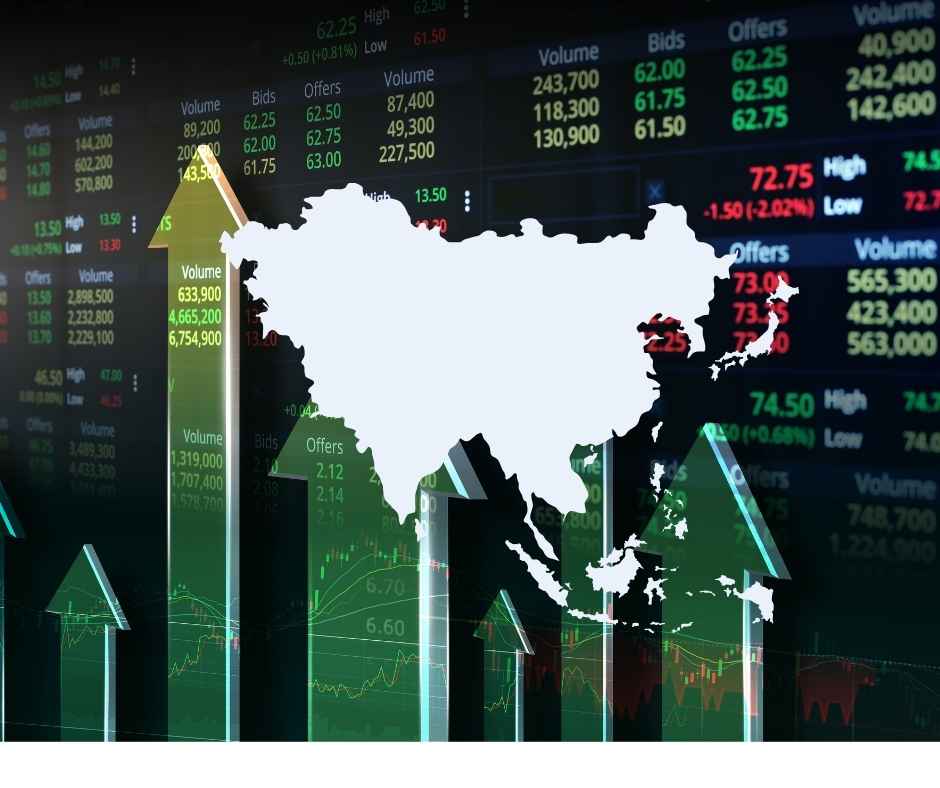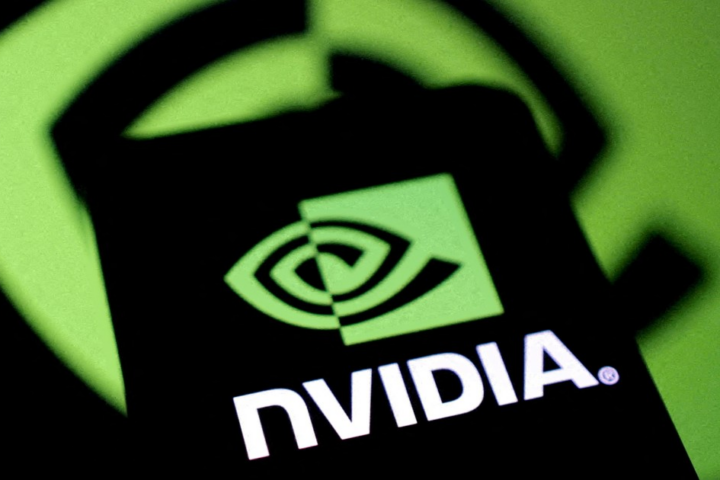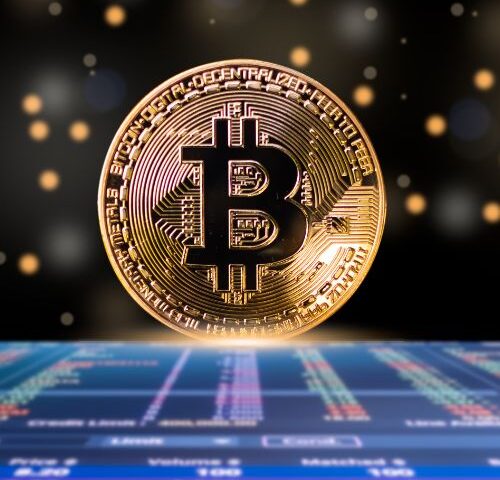Japan trade deal 2025 took center stage today as Prime Minister Shigeru Ishiba publicly welcomed the announcement by former U.S. President Donald Trump of a new “massive” global trade framework. The deal, unveiled during a packed press conference in Washington, is expected to dramatically alter tariff structures affecting major Asian economies, including Japan.
The development comes just days after the U.S. House passed the GENIUS Act a landmark bill aimed at regulating stablecoins and digital asset trade flows. While the financial world was still reacting to crypto regulations, Trump’s announcement added yet another layer of intrigue to international trade dynamics.
What Does the New Deal Mean for Japan?
In his statement, PM Ishiba emphasized that this deal could reshape bilateral ties between Tokyo and Washington. “We view this agreement as a foundation for long-term economic stability and fairness,” Ishiba said.
The Japan trade deal 2025 includes changes to agricultural tariffs, rare earth exports, and digital commerce duties. It also promises reduced trade friction for auto parts and semiconductor supply chains, a move welcomed by Japanese manufacturers.
While the finer details of the deal remain under negotiation, early indicators suggest favorable outcomes for Japan’s export-heavy economy. The yen responded positively, appreciating slightly against the U.S. dollar after the announcement.
Trump’s Tariff Legacy Revisited
The Trump tariff announcement marks a return to the former president’s aggressive trade posture, though this time with a more cooperative tone. Trump, speaking in a more diplomatic style, said the new trade pact “puts America first while respecting allies.”
Analysts believe this renewed engagement with allies such as Japan is an attempt to counterbalance China’s growing influence in the global supply chain.
Asian markets remained stable on the news, with Tokyo’s Nikkei index closing 0.7% higher. The move has fueled optimism in Japan’s business circles, particularly among automotive and tech exporters.
Regional Implications and Reactions
South Korea and Taiwan have expressed cautious optimism, while China remained quiet on the matter. Experts say the Japan trade deal 2025 could realign Asia-Pacific trade hierarchies.
“This is a major pivot,” said Noriko Tanaka, a Tokyo-based trade policy analyst. “If it sticks, Japan may see a rebirth in its competitive advantage.”
The Japan economic outlook for Q3 is expected to improve if the deal moves forward as planned. Government officials hinted that new tariffs imposed during the 2018–2020 period might be relaxed under this framework.
Stability in a Volatile Global Economy
As war, inflation, and digital disruption continue to challenge global economies, this new alignment offers a rare glimpse of certainty. Japan’s prime minister seemed optimistic about rebuilding a global order based on predictable trade norms.
Financial experts at DF Media believe this new chapter in U.S.-Japan relations could lead to revived investor confidence and boost Japan’s GDP forecast.







